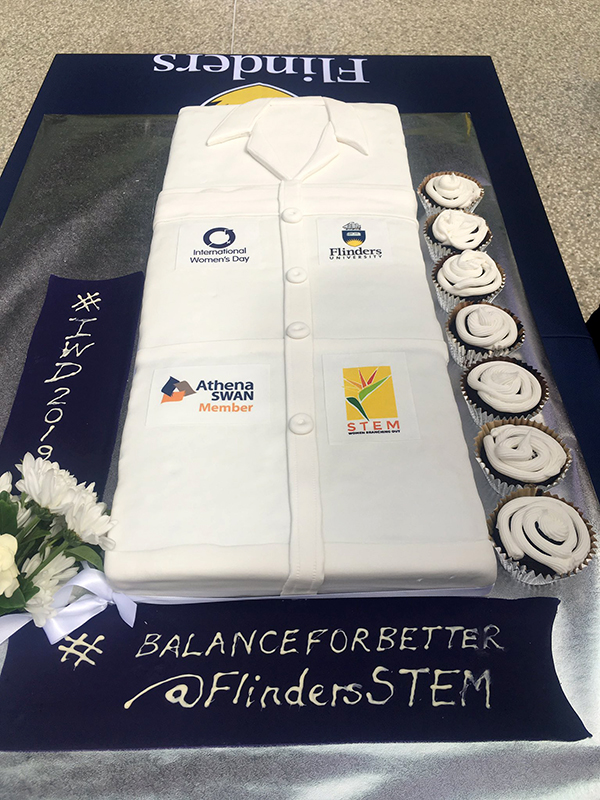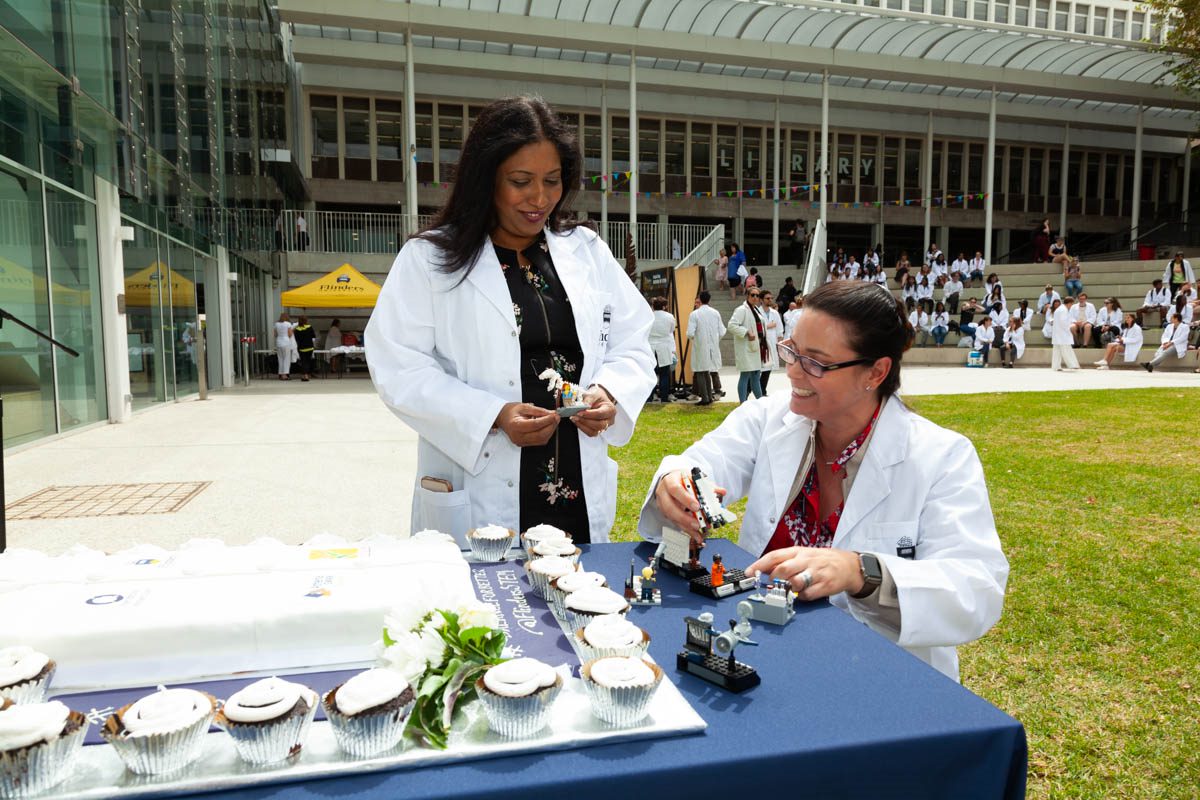Flinders Research NewsWomen in STEM Decadal Plan

Nine months of hard work from the Expert Working Group, the project team and the STEM community, was recognised early this month with the launch of the Women in STEM Decadal Plan.
The Australian Academy of Science extends a thank you to all who played a role in the consultation and development process.
Whether they took part in an interview, provided a written submission, attended a consultation event, responded to an exposure draft, or submitted a photo, the contributions helped create a strong and sustainable framework to guide the STEM ecosystem towards gender equity over the next 10 years.
The Women in STEM Decadal Plan outlines one vision and six opportunities for all organisations across the STEM ecosystem to harness and guide their own implementation strategies.
The plan can be downloaded from the Australian Academy of Science website.
The six opportunities are
- leadership and cohesion,
- evaluation,
- workplace culture,
- visibility,
- education and
- industry action.
Hard copies of the Plan can be requested from the Australian Academy of Science.
If you are interested in being involved in the implementation of Women in STEM Decadal Plan or wish to get in contact, contact the Women in STEM implementation taskforce via email or add yourself to the implementation mailing list.




















